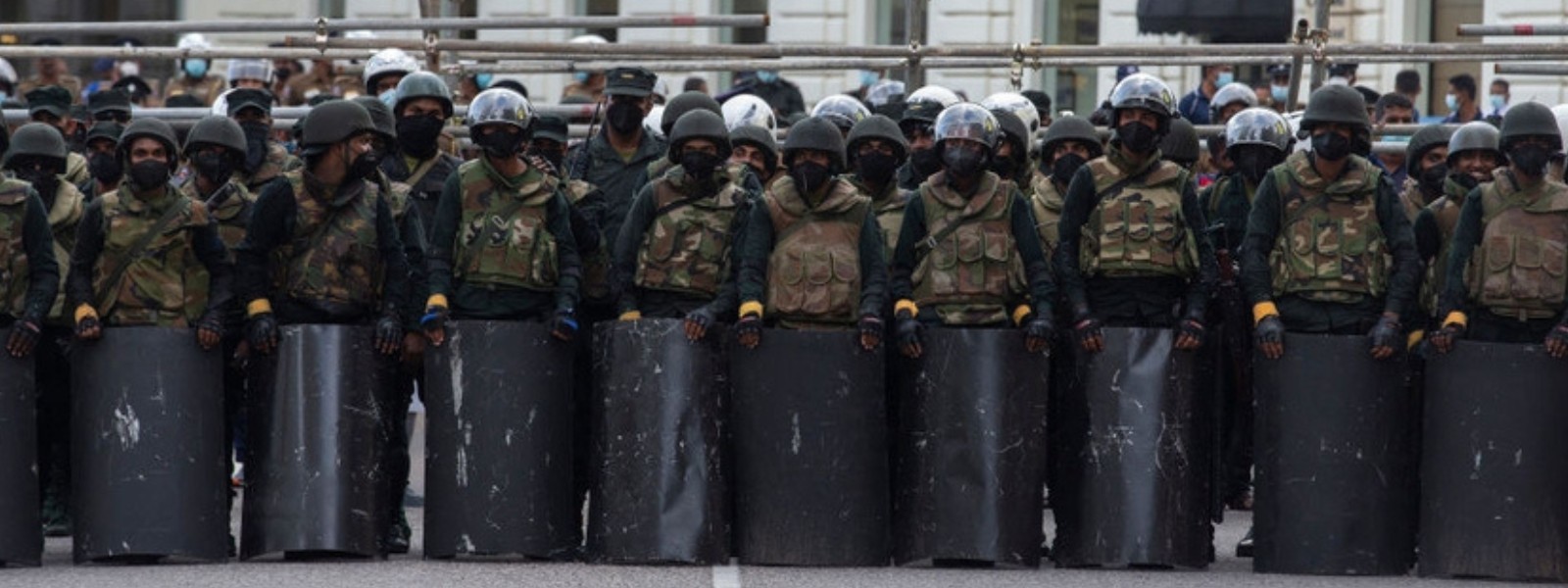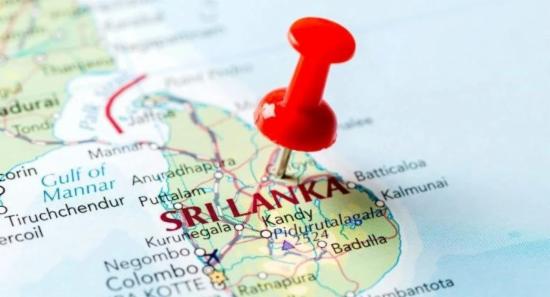.webp)

Opinion: An increasingly authoritarian regime that fears the voting public
By Frederica Jansz
Sri Lankans have historically voted with their stomachs. Ranil Wickremesinghe knows only too well that this is his political nemesis.
The question that needs asking is: Can Sri Lanka’s voters bring pressure to bear on a system that for decades has been more authoritarian than democratic?
Fortunately for Sri Lankans, even during these dire economic circumstances, political and non-political institutions mediate the pressures that voters bring to bear on their political leaders.
The recent statement by the Bar Association of Sri Lanka (BASL), calling on the government to observe and respect the franchise of the people, proves this point.
But in an authoritarian regime like Sri Lanka, its leaders lean on the country’s economic elite or the armed forces to help influence its decision. In this instance the question the leaders is whether to allow the Local Authorities Elections to go through on March 9, 2023.
In a democracy, voters or interest groups could help mediate a decision of this nature and help influence government to stay the course and ensure that what is mandated by law is followed.
Policymakers need their supporters to stay in office. Wickremesinghe is only too aware of this.
Currently, Wickremesinghe’s political delinquency is tied to a floundering economy, bound and gagged to kneejerk reactions of raising prices and hiking taxes. His attention to the next election is in stranglehold – smothered by massive debt.
But the masses are hungry. And they are angry. The Aragalaya has tried to organize themselves. Some businesses, farmers, and workers have tried to initiate some political clout.
Unfortunately, farmers in countries that are disenfranchised like Sri Lanka, unlike their fellowmen in rich countries, are poorly organized, poorly subsidized, and unfairly taxed. In addition, for large parts of Sri Lanka’s voting population, workers are not grouped into a centralized labour federation and so do not play a major role in national policymaking.
If only Sri Lanka’s local authorities had more significant governing power and were more efficiently structured, it could lend them greater influence on politics nationally.
Having said that, even in countries like Sri Lanka where authoritarian politics has dominated daily life, its leaders do have to pay attention to at least some part of public opinion.
In a multiparty parliamentary system such as Sri Lanka, pivotal voters, created by smaller coalition parties, are more likely to have an outsize influence on politics and policy versus their larger-sized compatriots.
Wickremesinghe’s challenge at this moment is to carefully evaluate not only the economic policy of political initiatives but also their implications. To not make the same mistakes as did his predecessors, in enacting ill-conceived economic policies which led to the country’s massive political fallout.
Because, if his priority is to pursue long term economic dividends while insisting to a hungry, frustrated, and impatient voting public to be patient, then perhaps it may provoke a backlash, where the cure will prove to be worse than the disease.
Frederica Jansz is a senior journalist and former Editor in Chief of The Sunday Leader newspaper. She currently lives in the US, together with her two sons.
Other Articles
Featured News





.png )

-753118_550x300.jpg)
-753105_550x300.jpg)




















.gif)